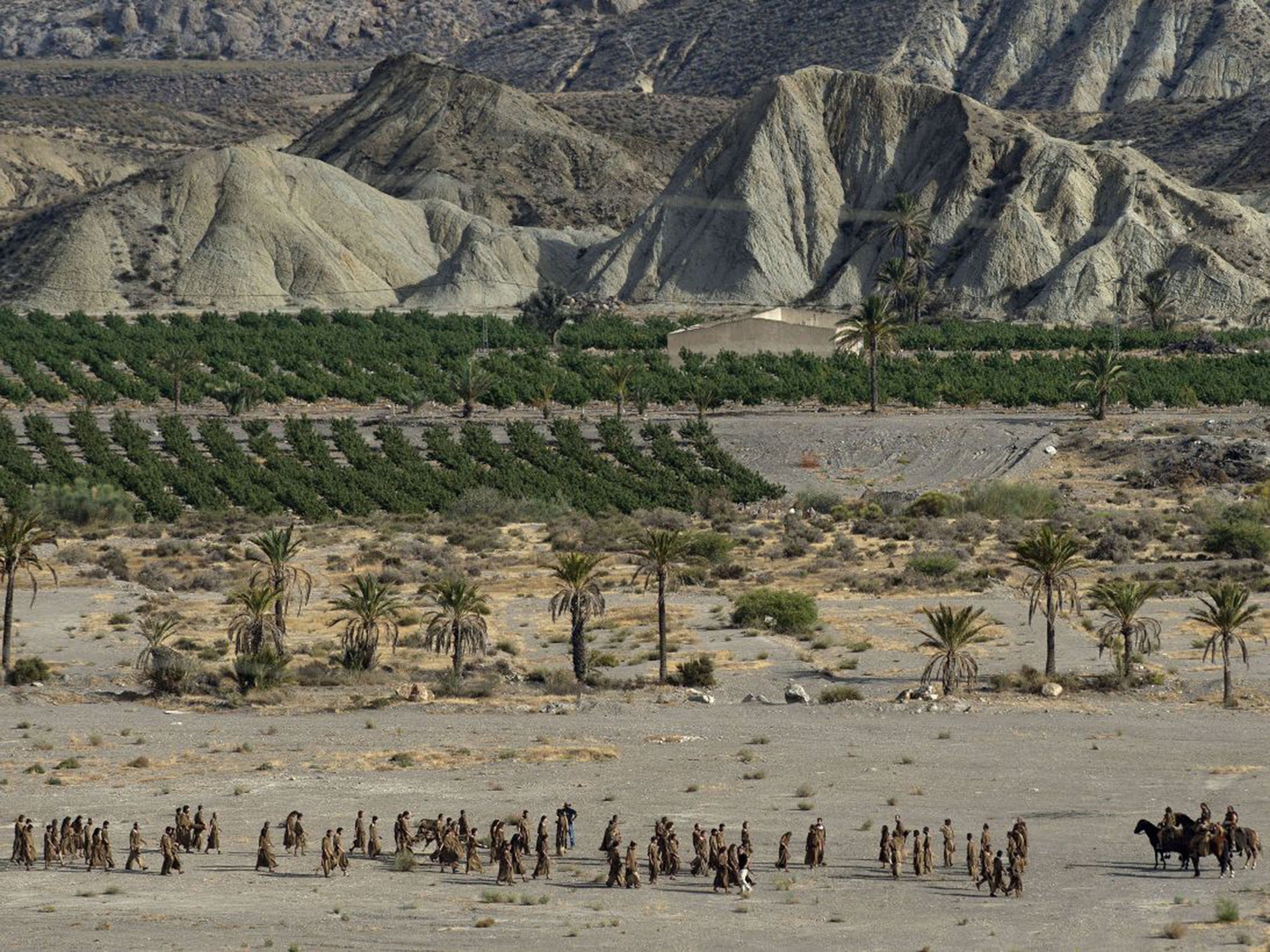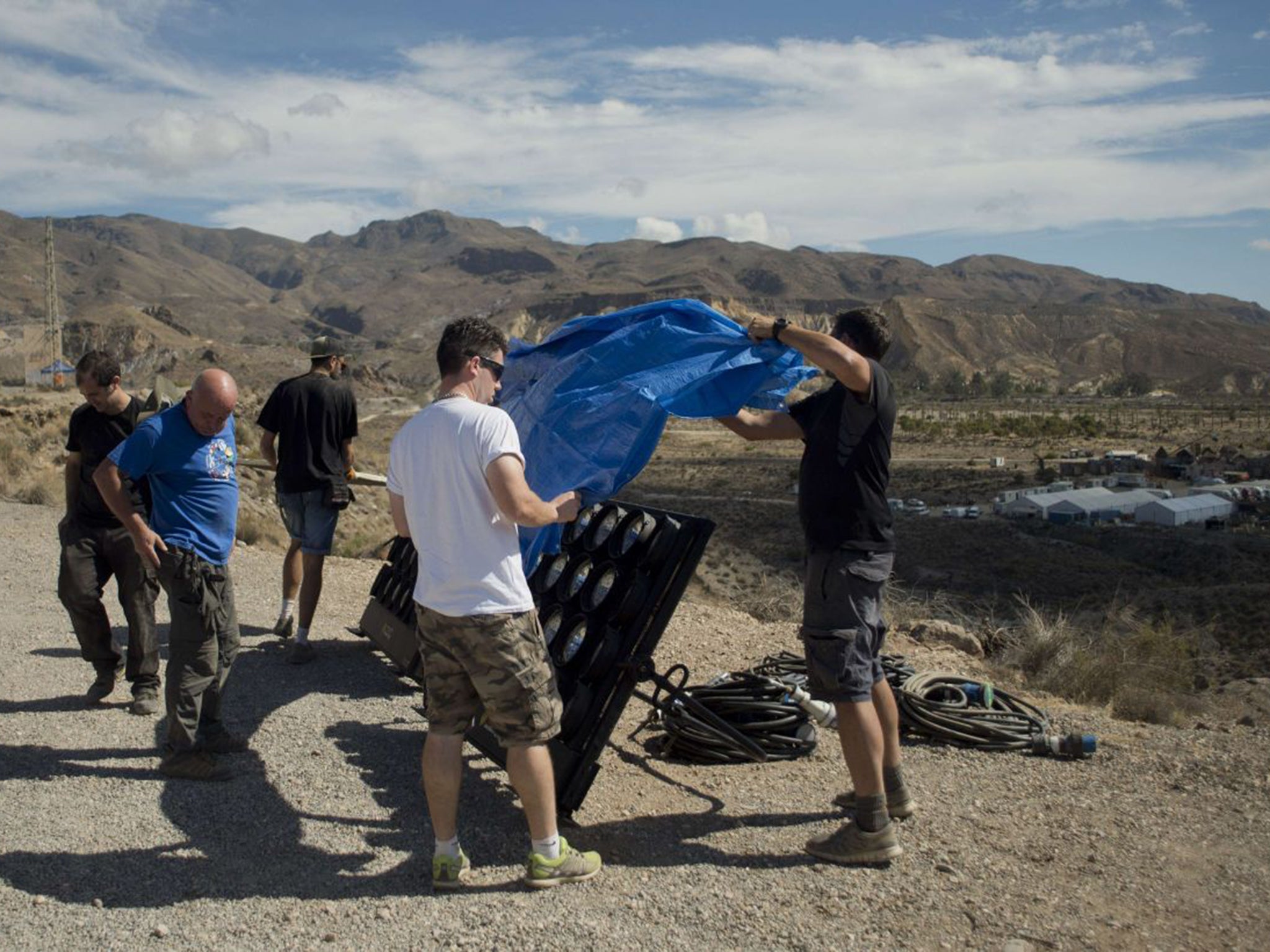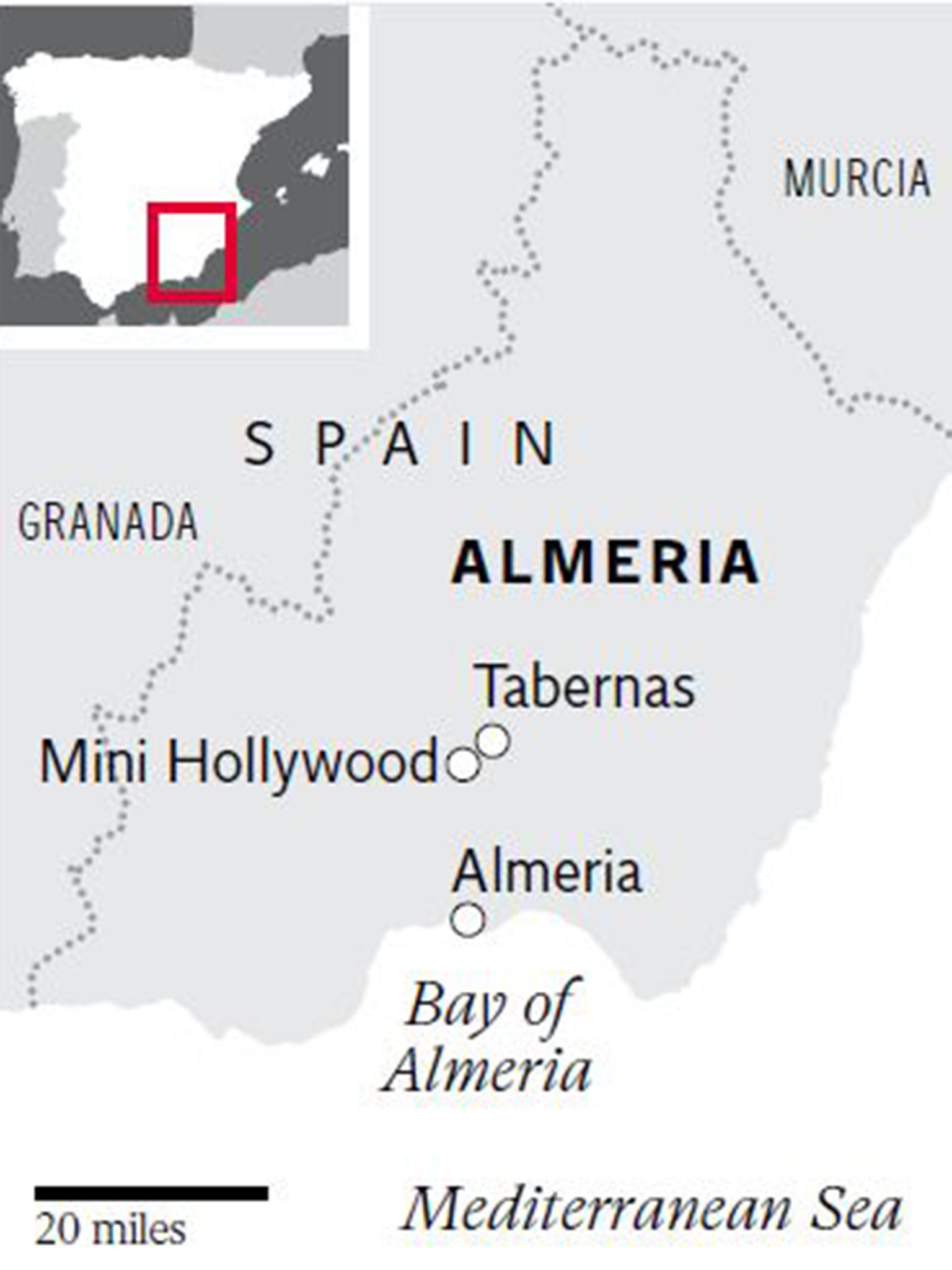Almería: How the region in southern Spain could soon look more like West Africa as desertification spreads
Experts warn that the region risks drying out

Your support helps us to tell the story
From reproductive rights to climate change to Big Tech, The Independent is on the ground when the story is developing. Whether it's investigating the financials of Elon Musk's pro-Trump PAC or producing our latest documentary, 'The A Word', which shines a light on the American women fighting for reproductive rights, we know how important it is to parse out the facts from the messaging.
At such a critical moment in US history, we need reporters on the ground. Your donation allows us to keep sending journalists to speak to both sides of the story.
The Independent is trusted by Americans across the entire political spectrum. And unlike many other quality news outlets, we choose not to lock Americans out of our reporting and analysis with paywalls. We believe quality journalism should be available to everyone, paid for by those who can afford it.
Your support makes all the difference.The climate of Almería in southern Spain has in the past been its greatest gift.
The driest place in Europe, the region that shares the same name of the local capital city, has become famous across the globe as the setting for hundreds of must-see films. Cleopatra, Lawrence of Arabia, The Good, the Bad and the Ugly and even Indiana Jones and the Last Crusade were all in part shot in Almería, with its dusty backdrop suggesting the Wild West, or the deserts of the Middle East. But filming spaghetti westerns is not all the region is famous for. Along with neighbouring Andalusia, it is also one of Spain’s largest food producers, with fruit and vegetables, not to mention the Spanish national passion, olives, being grown on an industrial scale.
Climate change and intensive farming methods are now threatening that existence, with vast areas of the region suffering from increased desertification. Experts warn that the region risks drying out. And the warning is stark: entire industries could disappear if the trend continues. An investigation by El País has shown just how perilous the dangers facing Almería and its environs are, with some suggesting that southern Spain could soon more closely resemble West Africa than the rest of Western Europe.

“The desert is an ecosystem that is thousands of years old, with a lot of diversity and interaction between species. But in a desertified area, everything is in vain; even the vegetation dies off,” Juan Puigdefábregas, one of the world’s leading experts on desertification, told the newspaper.
Vicente Andreu of the Desertification Research Center (CIDE) in Valencia said that there is a lack of appreciation of just how serious the situation is.
“[People] think about dunes and camels, but it goes deeper than that,” he says. “It means loss of biological production due to human action, which prevents the sustainability of the ecosystem.”
While climbing temperatures have contributed to the problem, desertification is hastened by intensive farming techniques, which use vast quantities of water.
Plastic cities, the 30,000 hectare plots of land covered by greenhouses producing endless tonnes of fruit and vegetables, dot the Almería countryside. Most of the intensively farmed produce is exported to other European countries.
And although local farmers say that they are aware of problem and are using less water, scientists say the problem is only getting worse.

Speaking last month, Miguel Arias Cañete, the EU’s commissioner for Climate Action and Energy, and a former Spanish agriculture minister, warned that as in the Pacific Ocean, where sea levels threaten the existence of entire communities, Almería may one day prove to be uninhabitable.
He said that policies to mitigate climate change must be implemented now, “otherwise our grandchildren, if they come from Almeria will have to emigrate”.
Join our commenting forum
Join thought-provoking conversations, follow other Independent readers and see their replies
Comments